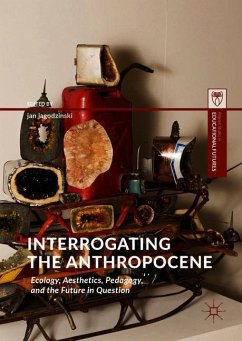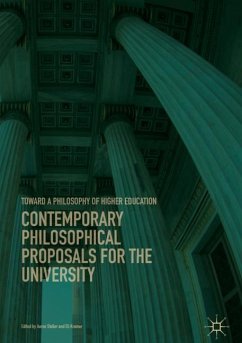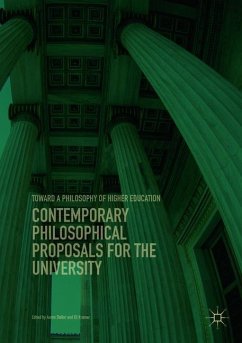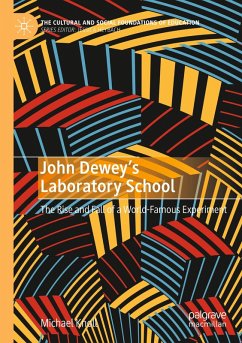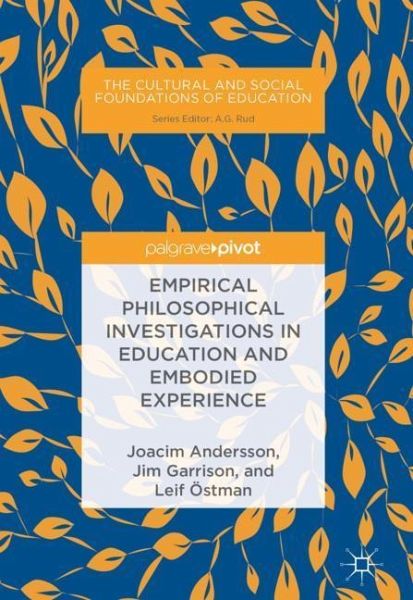
Empirical Philosophical Investigations in Education and Embodied Experience

PAYBACK Punkte
19 °P sammeln!
Drawing on John Dewey and the later Ludwig Wittgenstein, this book employs philosophy as a conceptual resource to develop new methodological and analytical tools for conducting in situ empirical investigations. Chapter one explores the philosophies of Wittgenstein and Dewey. Chapter two exposits Deweyan ideas of embodiment, the primacy of the aesthetic encounter, and aesthetically expressive meaning underdeveloped in Wittgenstein. Chapter three introduces the method of practical epistemological analysis (PEA) and a model of situated epistemic relations (SER) to investigate the learning of body...
Drawing on John Dewey and the later Ludwig Wittgenstein, this book employs philosophy as a conceptual resource to develop new methodological and analytical tools for conducting in situ empirical investigations. Chapter one explores the philosophies of Wittgenstein and Dewey. Chapter two exposits Deweyan ideas of embodiment, the primacy of the aesthetic encounter, and aesthetically expressive meaning underdeveloped in Wittgenstein. Chapter three introduces the method of practical epistemological analysis (PEA) and a model of situated epistemic relations (SER) to investigate the learning of body techniques in dinghy sailing. The concluding chapter introduces a model of situated artistic relations (SAR) to investigate the learning of artistic techniques of self-expression in the Swedish sloyd classroom.





